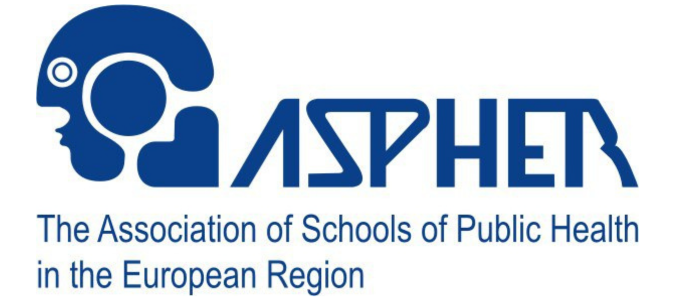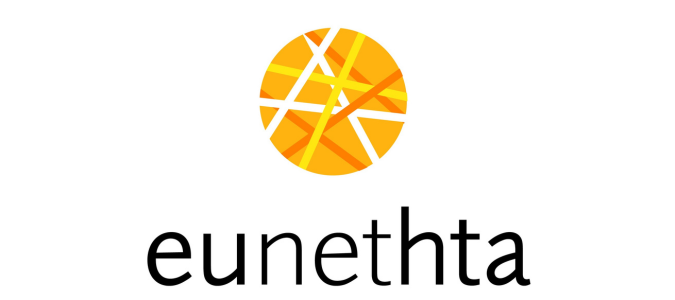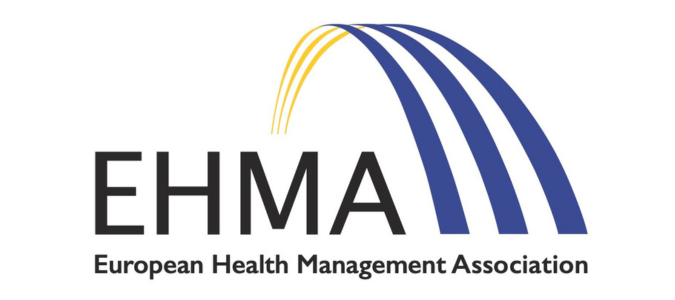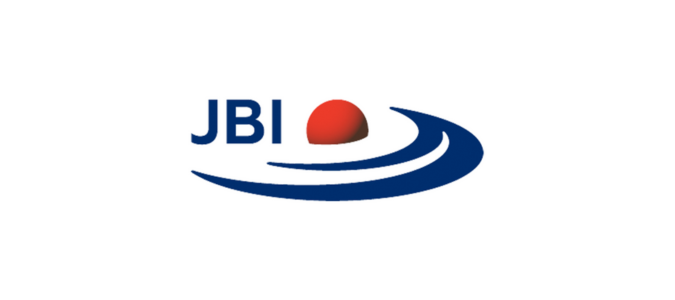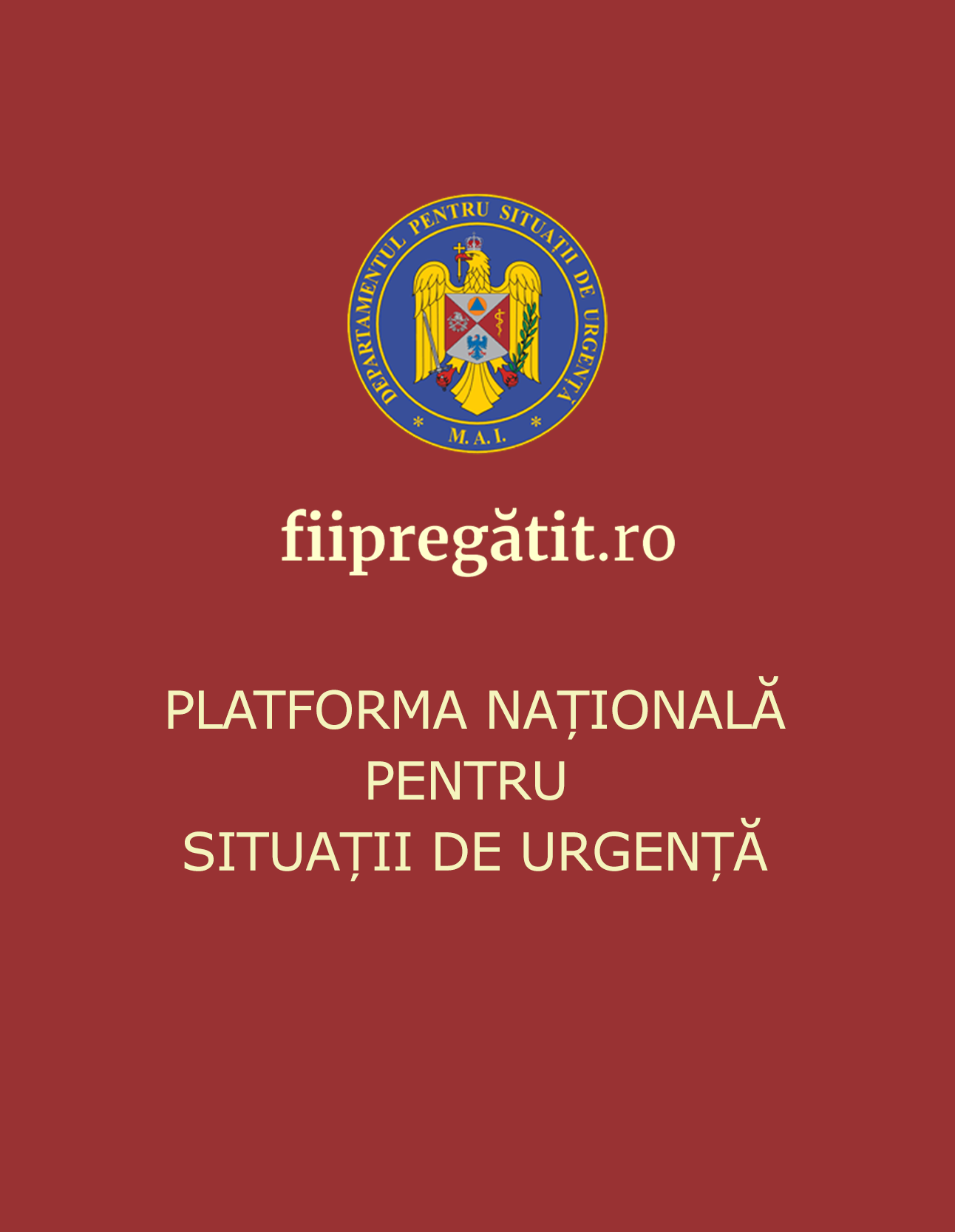Quality management of health services (MQ27) ( test )
Target group
Any person with a secondary/higher education who is interested in training/upgrading in the field of health services quality management.
General objectives
1. Learning and application of fundamental concepts in health care quality management (concept of quality, hospital service, quality improvement, patient satisfaction, patient safety, clinical and non-clinical risk management).
2. Learning and applying the fundamentals of hospital accreditation.
Specific objectives
At the end of the programme, the learner will have to
1. to know and apply the fundamental concepts in the field of health care quality management (concept of quality, hospital service, quality improvement, patient satisfaction, patient safety, clinical and non-clinical risk management),
2. know and apply the standards for hospital accreditation.
Skills
At the end of the programme, the learner should have the following practical skills in addition to the standard professional competence as a specialist: to be able to apply all the concepts learnt within the quality management structure in order to ensure and improve the quality of health services.
Program evaluation
Written test
Dissertation – quality management project
Program code – MQ
Programme coordinator: Dr. Anca HALDAN
Module
Quality Concept (QC)
Module coordinator – Dr. Adina GEANĂ / Dr. Mona MOLDOVAN
Module duration – 1 day
Session entry name:
- The concept of quality. Introduction, definitions, evolution of the concept of quality.
- Quality management concepts (quality assurance, quality improvement) / PDCA cycle.
- Quality measurement. Quality improvement methods and tools.
Organisation and functioning of the Romanian health system (OSS)
Module coordinator – Dr. Cristina LUPAN / CS II Constanta MIHĂESCU-PINȚIA
Module duration – 1 day
Session entry name:
- Health system definition and characteristics. Structure and organisation of the health system, roles of each actor in the system
- Organisation and functioning of health units. Types of health facilities (bed-based/outpatient health facilities) – structure, organisation, processes, financing
- General notions on strategic management and organisational management in the health care facility
Organisation and functioning of the quality structure within the health care unit (QO)
Module coordinator – CS II Constanta MIHĂESCU-PINȚIA / Dr. Anca HALDAN
Module duration – 1 day
Session entry name:
- SMC principles. Management system at the health unit level
- Organisation and role of the health care quality management structure in a health care facility
- Stages of implementing a quality management system in a healthcare facility. Management responsibility in implementing a quality management system
- Evaluation of the quality management system at the level of the health unit
Standardisation of the quality of health services (QS)
Module coordinator – Dr. Mona MOLDOVAN / Ec. Ștefania RĂSOIU
Module duration – 1 day
Session entry name:
- The role and importance of standardisation in health. Evolution of standards systems
- National accreditation standards and regulations on their implementation
- Processes – types of processes at the health unit level
- Quality documents
- Practical applications
The process of planning, implementation, evaluation and quality control in a health facility (QP)
Module coordinator – Dr. Mona MOLDOVAN / Dr. Georgiana BRĂTUCU
Module duration – 1 day
Session entry name:
- Plan to improve the quality of services and patient safety. / Study of reference documents
- Threshold analysis of an event
- Data analysis and monitoring of quality management system performance (use of different types of data, appropriate analysis of each type of data, critical analysis of data, recognition of potential problems, statistical control of processes, identification and monitoring of trends). Non-compliance management
- Constitution and tasks of the Quality Group/Nucleus (QG). Constitution and role of the medical council and specialised committees
Internal audit of the quality management system and clinical audit (AuQ)
Module coordinator – Dr. Adina GEANĂ / Dr. Cristina LUPAN
Module duration – 1 day
Session entry name:
- Introduction to internal audit of the quality management system. Types of audit (SMC audit and clinical audit)
- Conducting an audit (audit team, audit process, audit reports). Organising and coordinating the clinical audit process at the health unit level
- Indicators for assessing the quality of hospital services
Patient rights and safety (DSP)
Module coordinator – Dr. Adina GEANĂ / Dr. Mona MOLDOVAN
Module duration – 1 day
Session entry name:
- Patient rights
- Patient satisfaction. Measuring patient satisfaction. / Importance of analysing patient complaints
- The concept of patient safety – definitions, models. / Implementation at health unit level
Hospital Communication Management (MCo)
Module coordinator – Dr. Ruxandra DIACONESCU / Dr. Anca HALDAN
Module duration – 1 day
Session entry name:
- Types of communication
- Internal and external communication within the health unit
- Doctor-patient/carer communication
Management of Healthcare Associated Adverse Events (MACE)
Module coordinator – Dr. Anca HALDAN / Dr. Nicoleta DeCECCO
Module duration – 1 day
Session entry name:
- Risk management
- EAAAM Management
- IAAM Management
Hospital Accreditation (HA)
Module coordinator – Dr. Adina GEANĂ / Dr. Nicoleta DeCECCO
Module duration – 2 days
Session entry name:
- Accreditation of health establishments
- Steps in the accreditation process
- Accreditation categories
- Quality certification and accreditation
- Particular aspects of the accreditation process for health facilities in national health systems

